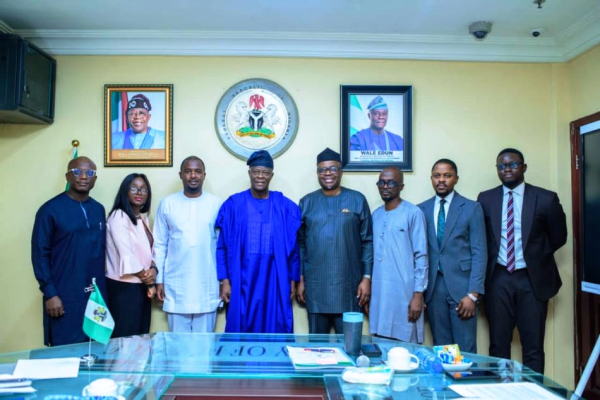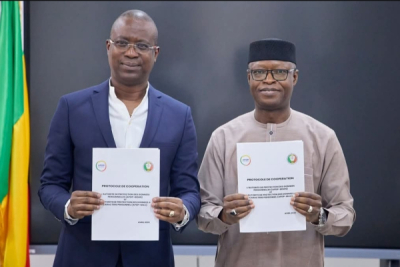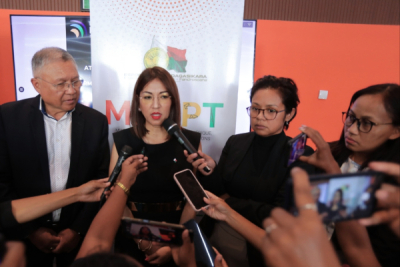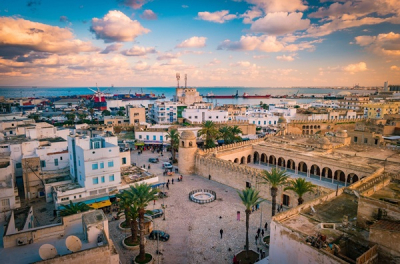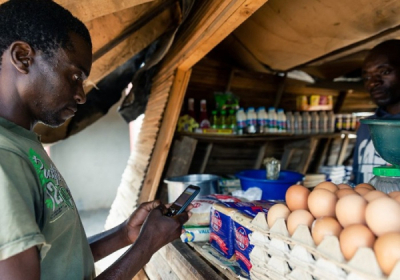Establishing Digital Free Zones is a critical step for African development, as it positions the continent as a key player in global digital trade. This initiative will attract investment, create jobs, and enhance the continent's economic competitiveness by creating an environment conducive to tech, finance, and service-oriented businesses.
Nigeria's government has launched an initiative to establish Digital Free Zones to position the country as a hub for global digital trade and innovation. This was announced by the Federal Ministry of Information and National Orientation in a press release dated August 7. The initiative, chaired by President Bola Ahmed Tinubu, aims to attract and support tech, finance, and service-oriented businesses by creating a conducive environment tailored to the needs of the 21st-century digital economy.
“As we embrace the concept of digital free zones in Nigeria, we are presented with a unique opportunity to drive local domiciliation of global technology companies to boost skills development and job creation in innovation and technology, and contribute to the local economy...,” said Minister of Communications, Innovation, and Digital Economy, Dr Bosun Tijani.
According to the release, a steering committee has been formed to oversee the creation of the digital free zones. The committee is led by Finance Minister Wale Edun as Vice Chairman and includes key government officials like the Attorney General, Ministers of Communications, Industry, Interior, and heads of relevant agencies.
The committee will collaborate with relevant government agencies and private stakeholders to modernize Nigeria’s outdated free zone policies and regulatory framework. This effort includes creating and releasing new policy and operational guidelines, enabling global and local technology, finance, and service-based businesses to establish Pan-African or global operations from Nigeria.
Businesses operating within these zones will benefit from modernized free zone regulations, including tax, banking, and immigration incentives, simplified government compliance processes, and a stable regulatory environment.
Nigeria's Information and Communications Technology (ICT) sector significantly contributed to the nation's economy in Q4 2023, accounting for 16.66% of the real GDP, according to figures released by the National Bureau of Statistics (NBS). This underscores the country's increasing reliance on technology for economic growth. The establishment of Digital Free Zones aligns with this trajectory, positioning Nigeria to attract global tech and service-oriented businesses. By stimulating innovation and expanding the ICT sector's GDP contribution, these zones can transform Nigeria into one of the leading African digital hubs, fostering economic diversification and digital transformation.
Hikmatu Bilali


